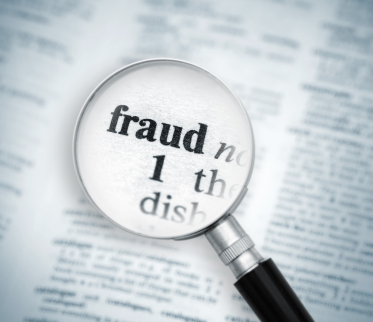Medicare has no official estimate for the amount of money lost to fraud in the Medicare program every year; however, the FBI estimates that anywhere between 3 and 10 percent of all healthcare expenditures are attributed to fraud. Whatever the true dollar amount lost to Medicare fraud every year, it is likely in the billions.
Fraud affects everyone, including taxpayers and Medicare recipients, by driving up the costs of healthcare for everyone and draining critical healthcare resources.
How to Spot and Report Medicare Fraud
Medicare recipients help spot fraud in several ways, explored below.
Billing Statements
If you have Original Medicare (Parts A and B), you get periodic Medicare Summary Notices (MSN) outlining the health care services, supplies, and/or equipment you got, what you were charged, and how much Medicare paid. Review these notices carefully to make sure they’re accurate, and report any inconsistencies to Medicare. Record the dates you received services and equipment on a calendar, and save receipts and statements you get from providers for easy comparison with your MSNs. You can also review your Medicare Summary Notices at MyMedicare.gov.
If you have a Medicare Advantage plan, you receive Explanation of Benefits (EOB) statements. Review these statements as you would a Medicare Summary Notice, to ensure all charges are correct.
Marketing
- Be suspicious of anyone who offers you equipment for free, and who says it won’t cost you anything.
- Question anyone who calls you or visits your home to offer equipment or services, and who says they represent Medicare.
- Never give your Medicare number to someone who asks for it while offering “free” consultations.
Other Types of Medicare Fraud
Be suspicious of doctors, health care providers, or suppliers who:
- Bill Medicare for services or equipment that you didn’t receive.
- Tell you that Medicare wants you to have to have the item or service.
- Tell you that they know how to get Medicare to pay for an item or service (by reporting the wrong diagnosis code on a Medicare claim form, for example).
- Bill Medicare for a power wheelchair or scooter that you don’t need.
- Offer you money or other benefits to let them use your Medicare number, or to join their plan or use their services.
- Offer non-medical housekeeping services or transportation services, and claim these services are approved by Medicare.
- Pressure you or use scare tactics to sell you expensive medical devices or services.
Unfortunately, even doctors sometimes abuse the Medicare system or commit outright Medicare fraud. If you suspect something isn’t right, don’t ignore your instincts—investigate.
Medicare Offers an Award for Reporting Suspected Fraud
You may be eligible for a reward, up to $1,000, for reporting suspected Medicare fraud, but your case must be specific and must meet all five of these conditions:
- You report the suspected Medicare fraud with a specific allegation.
- The suspected fraud must be confirmed as potential by one of these three organizations:
- Program Safeguard Contractor
- Zone Program Integrity Contractor
- Medicare Drug Integrity Contractor
- You aren’t an “excluded individual.”
- The person or organization you’re reporting isn’t already under investigation.
- Your report must lead directly to the recovery of at least $100 of Medicare money.
Get Help with Your Medicare Questions
The experts at CA Medicare can answer all your questions, including whether Original Medicare or a Medicare Advantage is best for you, and we can help with Medicare enrollment. Call us today.
Sources:

